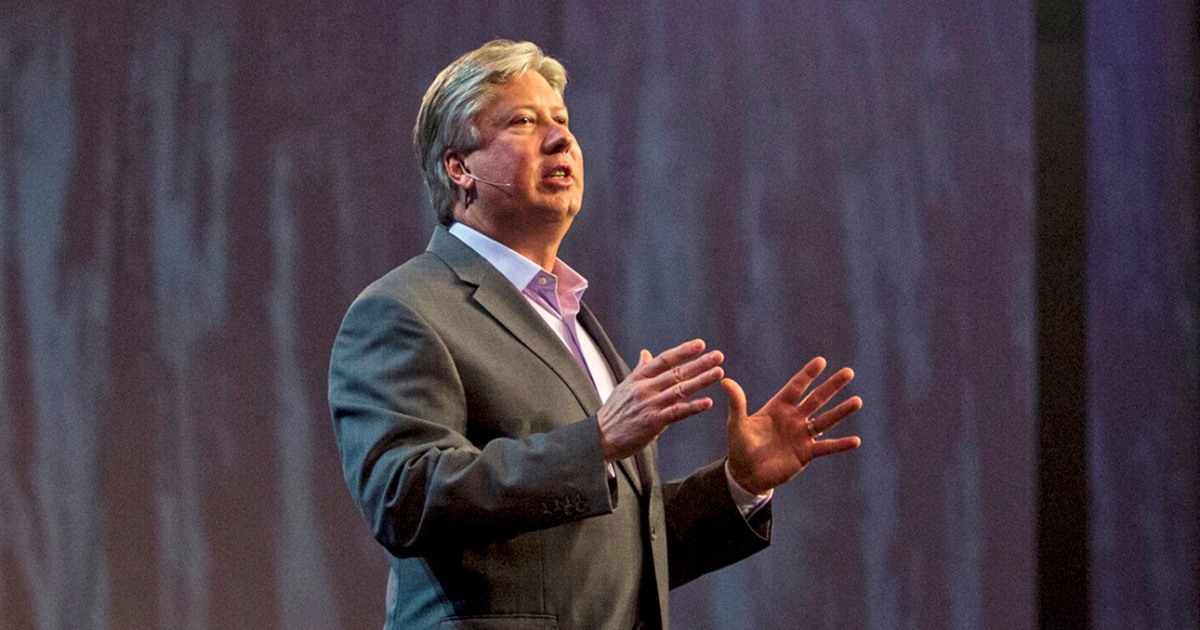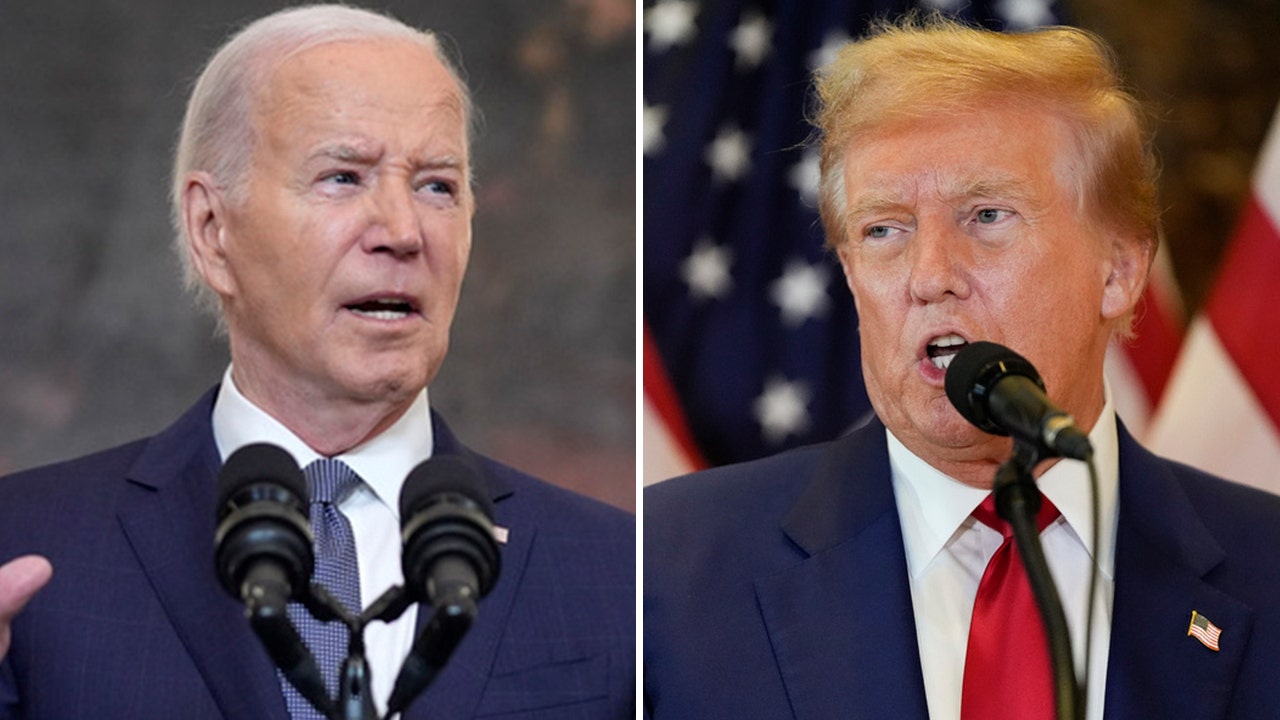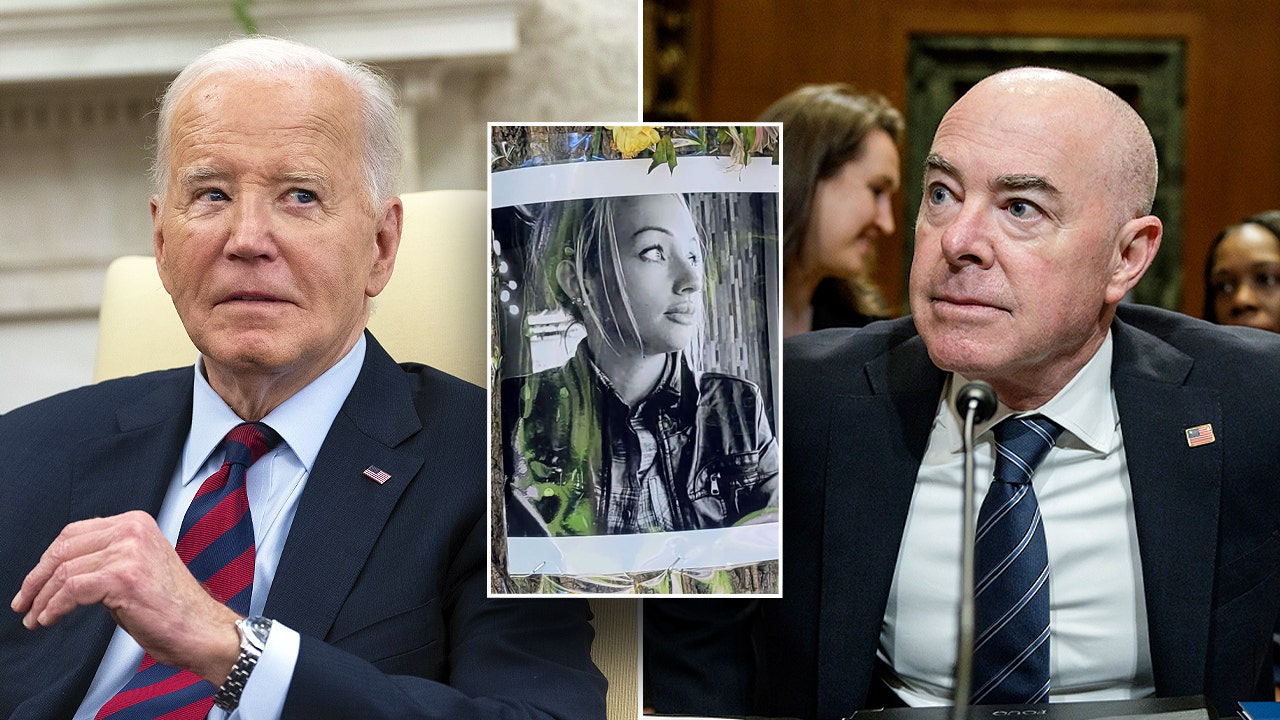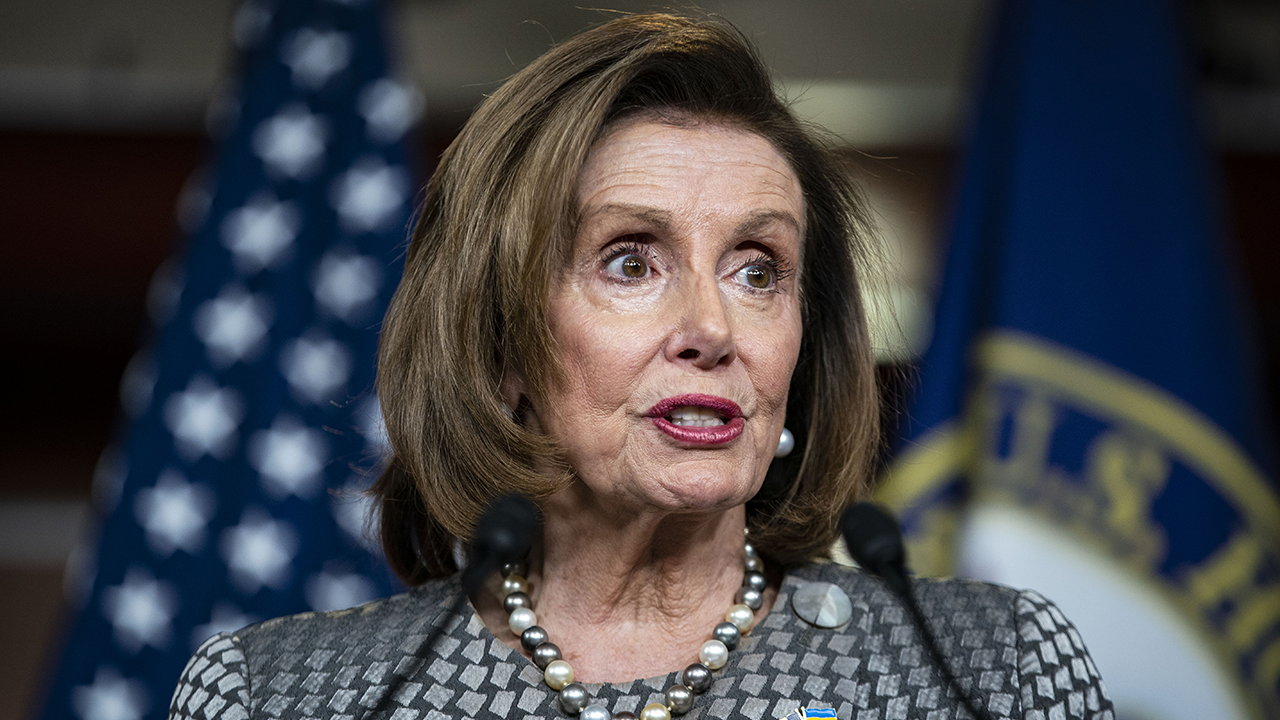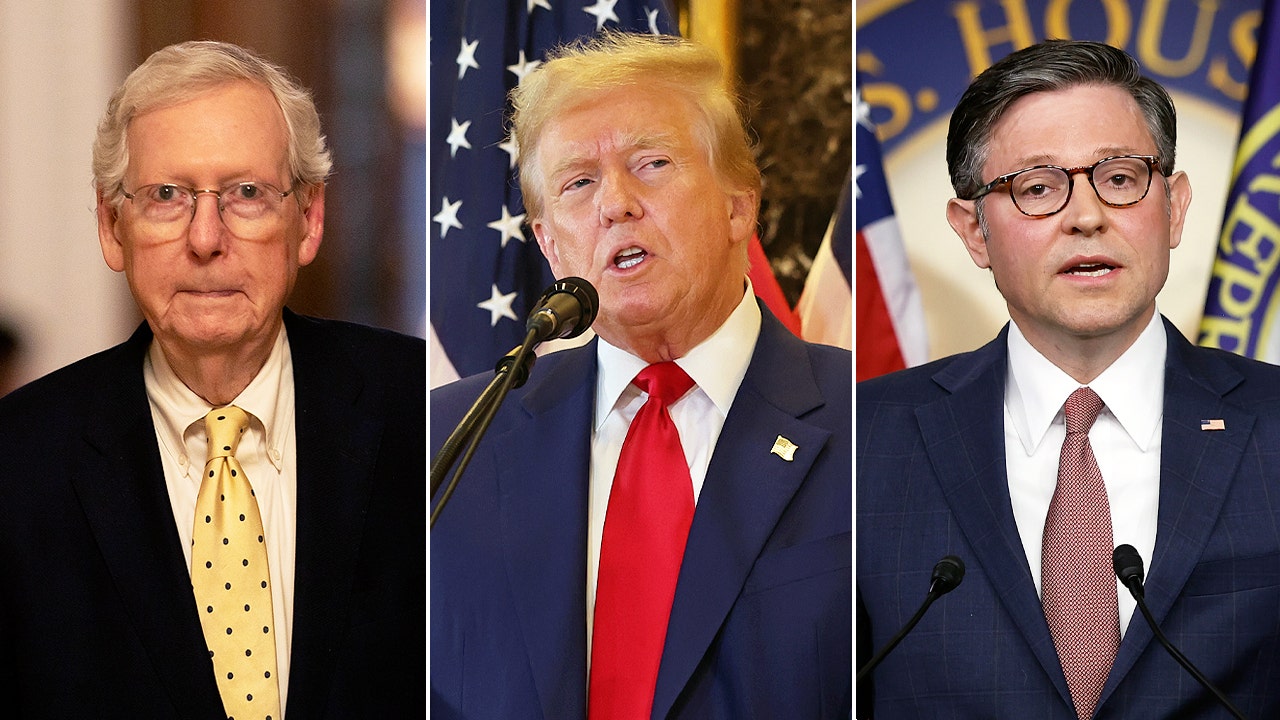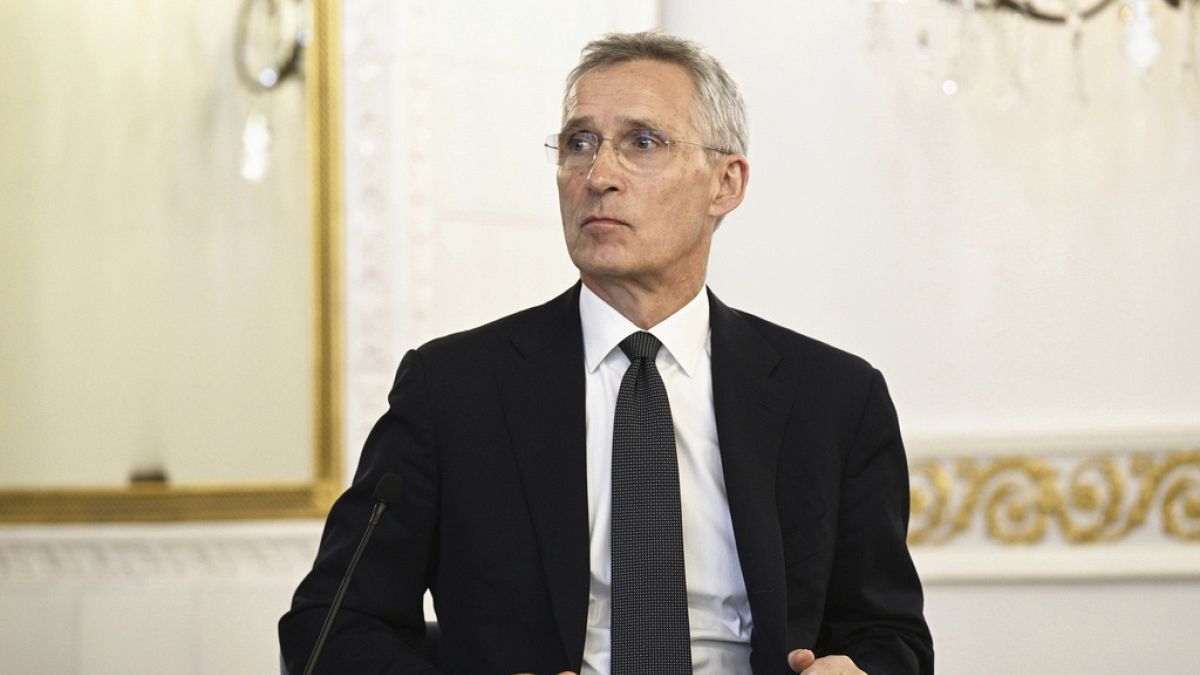At Karachi’s Paradise Point, on the coastline of Pakistan, China’s long-term ambition for a world-leading nuclear energy industry is coming into view.
For nearly half a century, power at the site — Pakistan’s first nuclear operation — was delivered by Canadian-designed reactors. But, last year, Pakistani nuclear officials gave their final approval for new Hualong-1 reactors, which represent the first exports of China National Nuclear Corporation’s third-generation power station technology.
By March, Xu Pengfei, chair of the China Nuclear Power Engineering Corporation, was able to tell CGTN, China’s state broadcaster, that the units were “operating successfully”, and had demonstrated a “collaborative effort at innovation”, with domestic suppliers providing more than 90 per cent of the equipment.
Nuclear power remains a growth industry in China. Over the past decade, the capacity of installed plants has more than doubled, according to data from the US Energy Information Administration and the International Atomic Energy Agency. As of April this year, China had 55 reactors with installed capacity of 53 gigawatts, up from fewer than 20GW in 2014.
At present, the US is still the world’s biggest user of nuclear power, with 94 operational reactors with an installed capacity of 96GW. However, China is building new reactors at a faster pace than any other country. It has 26 reactors under construction, with an installed capacity of about 30GW.
While Beijing’s original rationale for expanding nuclear power was energy security, the technology’s potential for reducing greenhouse gas emissions has become increasingly important to policymakers, according to researcher Philip Andrews-Speed in an analysis for the Oxford Institute for Energy Studies (OIES).
A key moment came in September 2020, when Chinese leader Xi Jinping announced that the country’s carbon emissions would peak before 2030 and hit net zero by 2060.
Policymakers in Beijing believe nuclear power can help replace coal-fired plants, which are still the main source of China’s electricity despite a rapid growth in renewables. And they are on track to deliver: China’s policy is in line with International Energy Agency estimates that global nuclear power capacity will have to double by 2050 to hit net zero goals.
In recent months, nuclear power technology has also been heralded in China as a “new productive force” — part of Xi’s vision of long-term economic growth underpinned by increasingly advanced manufacturing industries.
Michal Meidan, head of China energy research at OIES, says that nuclear energy is “definitely part of the solution” for China’s decarbonisation plans, especially given the country has its own nuclear industry that could generate revenues and growth internationally.
But the rapid expansion of the nuclear industry in China has raised questions over resource security, safety, regulation, and export plans as geopolitical tensions rise. Meidan notes that Chinese attempts to export nuclear technology have “faced resistance”, mainly in Romania and the UK, amid a wider backlash against China in Europe and the US.
“Globally, nuclear is quite a divisive question,” Meidan says. “It clearly has environmental attributes that can help but safety, fuel reprocessing and uranium availability are concerns . . . It’s unclear how big a role nuclear will play in China’s energy transition.”
Last year, nuclear power accounted for about 5 per cent of total electricity generation in China but investment in construction of new plants reached $13.1bn — the highest in five years.
As more reactors swing into production, nuclear’s contribution to China’s electricity generation mix is expected to rise to about 10 per cent by 2035 and 18 per cent by 2060, according to the China Nuclear Energy Association.
$13.1bnInvestment in new nuclear power construction in China in 2023 — a five-year high
David Fishman, an analyst at The Lantau Group, a consultancy, says the pace of growth of nuclear power in China over recent years means that the country is probably at “maximum capacity for the industry”, with regulatory agencies and the supply chain at particular risk of strain.
“To staff all the plants, you need to have nuclear . . . and chemical engineering graduates . . . and then the equivalent number of people in Beijing, at the regulatory end, who are able to manage all the plants, who are able to do safety inspections, and checks and reviews,” he says.
Fishman also notes that China is reluctant to become reliant on the “vagaries of the international markets” for its long-term uranium supply. China has a policy of sourcing roughly one-third of its uranium domestically, one-third from Chinese companies’ holdings in foreign mines, and one-third from the international spot market.
“But the fact still remains that they don’t have a lot of domestic uranium, so that could be a concern at some point,” Fishman says.
Li Shuo, director of the China Climate Hub at the Asia Society Policy Institute, a think-tank, says a key domestic question is whether Beijing decides to expand its nuclear energy capacity from the eastern and southern coastline — where it is currently concentrated — into the country’s vast inland areas. Experts suggest that such plans could be included in the country’s 15th Five-Year Plan period, from 2026-2030.
Li, who previously led Greenpeace’s China climate change team in Beijing, says that, while public perception of nuclear power in China is “neutral”, in the early 2010s a debate on whether to expand the industry inland drew furious responses from the provinces concerned.
“Nuclear is certainly not as controversial as in some of the continental European countries, such as Germany, or in Japan,” Li observes. “Having said that, inland power plants will be very controversial, simply because, if an accident happens, it will have a very large-scale impact for downstream provinces.”
Still, China’s advances in nuclear technology, thanks to lavish state support, mean that — like the country’s solar, wind and electric vehicle industries — its nuclear power sector is also looking outward, to reshape global energy markets.
Although there is resistance to Chinese nuclear projects in many western countries, the Chinese-made reactors at Karachi’s Paradise Point are just the start of an export push.
Over the next decade, China has plans to build and finance reactors across Asia, the Middle East, and Africa, according to Lami Kim, director of the Asian Studies Program at the US Army War College. She says this strategy could have “significant implications”, as Beijing shapes global nuclear governance and shifts the balance of power away from the US.









